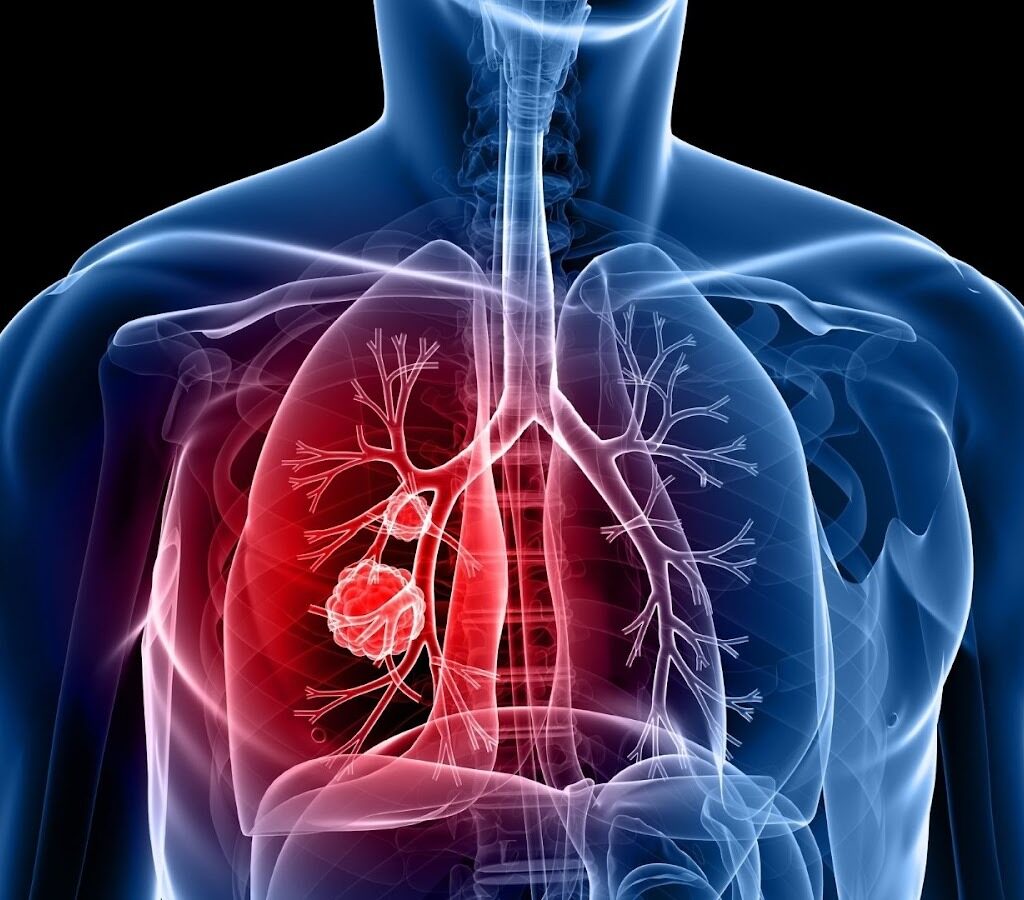A diagnosis of cancer of the head and neck may be terrifying, yet with the assistance, skills, and knowledge, it can be a formidable force. At CurePoint Cancer Center, we believe in providing in-evidence based and caring treatment of head and neck cancer in Georgia, based on evidence and providing individualized care.
The multidisciplinary team is characterized by clinical excellence and individualized treatment planning, which help patients to bring in the best outcomes possible without affecting the quality of life.

Understanding Head and Neck Cancer
Head and neck cancer is a category of cancer that occurs in the mouth, throat, voice box, nasal cavity, sinuses and salivary glands. These cancers usually impact on the vital areas of speaking, swallowing and breathing and therefore proper diagnosis and special treatment is paramount.
Common risk factors include:
- Tobacco and alcohol use
- HPV (human papillomavirus) infection.
- Excessive exposure to the sun (in case of lip cancer).
- Poor oral hygiene
- Occupational exposures
Most of the patients in Georgia are those who demand immediate treatment when the symptoms start to disrupt their daily life.
Head and Neck Cancer Symptoms in Georgia: When to Seek Care
Recognizing early warning signs can improve treatment success. If you or a loved one experiences any of the following head and neck cancer symptoms in Georgia, it’s important to consult a specialist:
- Persistent sore throat
- Difficulty swallowing
- Voice changes or hoarseness
- Mouth sores that don’t heal
- Lumps in the neck or jaw
- Ear pain
- Unexplained weight loss
At CurePoint Cancer Center, we encourage early evaluation so treatment can begin as soon as possible.
Why Choose CurePoint for Head and Neck Cancer Treatment in Georgia?
CurePoint Cancer Center is a reputable provider of quality cancer care in Georgia, which provides:
- Board-certified radiation and oncologists.
- New radiation technology.
- Individualized care plans.
- Caring patient care services.
- Easy access to specialized treatment.
We aim to provide both professionally advanced and emotionally supportive treatment of head and neck cancer in Georgia.
We know that the cancer process of each patient is a personal experience, and that is why we personalize the treatment with references to tumor type, stage, general health, and individual targets.
Your Head and Neck Cancer Specialist in Georgia
Our experienced physicians serve as dedicated head and neck cancer specialists in Georgia, working collaboratively to ensure seamless care.
Each patient benefits from a multidisciplinary team that may include:
- Medical oncologists
- Radiation oncologists
- Surgeons
- Oncology nurses
- Support care professionals
This team-based approach ensures that all aspects of your treatment and recovery are addressed under one coordinated plan.
Treatment Options for Head and Neck Cancer
Modern cancer care offers multiple effective treatment strategies. At CurePoint, your plan may include one or more of the following:
1. Radiation Therapy
Head and neck cancer radiation therapy in Georgia is often used to destroy cancer cells while preserving healthy tissue. Advanced techniques such as IMRT (Intensity-Modulated Radiation Therapy) help reduce side effects.
2. Chemotherapy
Medications are used to target cancer cells systemically, often combined with radiation for stronger effectiveness.
3. Targeted Therapy
These treatments focus on specific cancer cell characteristics, minimizing harm to normal cells.
4. Supportive Care
Nutrition counseling, pain management, and speech therapy help improve comfort and recovery.
Our specialists carefully guide patients through each stage of treatment with clear communication and ongoing support.
Best Head and Neck Cancer Care Near Me in Georgia
Many patients search for the best head and neck cancer care near me in Georgia because proximity and accessibility matter during treatment.
CurePoint Cancer Center offers:
- Convenient Georgia locations
- Flexible appointment scheduling
- Patient navigation services
- Family-friendly care environments
We make it easier for patients to focus on healing without the added stress of long travel or complex logistics.
A Patient-First Approach to Cancer Care
At CurePoint, we believe exceptional care goes beyond medical treatment. Our approach emphasizes:
- Clear education about your diagnosis
- Honest discussions about treatment options
- Emotional and psychological support
- Respect for patient preferences
- Compassionate communication
This commitment to patient-centered care reflects our dedication to long-term well-being, not just cancer control.
The Importance of Early Detection
Early diagnosis significantly improves outcomes for head and neck cancer. Regular dental visits, routine health screenings, and awareness of symptoms can help identify cancer sooner.
For reliable educational information, the National Cancer Institute provides detailed guidance on head and neck cancers:
👉 https://www.cancer.gov/types/head-and-neck
External resources like this support informed decision-making and reinforce evidence-based care.
Living Well During and After Treatment
The healing process does not conclude with the treatment. We provide survivorship care as a significant aspect of services of CurePoint.
Patients may receive:
- Follow-up monitoring
- Nutrition support
- Swallowing treatment and speech therapy.
- Wellness counseling
- Long-term health guidance
We are aiming at ensuring all patients recover their strength, confidence and quality of life following treatment.
Schedule Your Consultation Today
If you or a loved one needs head and neck cancer treatment in Georgia, CurePoint Cancer Center is here to help.
Our team is ready to provide expert guidance, advanced treatment, and compassionate care — every step of the way.
FAQs – Head and Neck Cancer Treatment in Georgia
1. What is head and neck cancer treatment in Georgia?
It includes radiation, chemotherapy, targeted therapy, and supportive care provided by specialized oncology centers like CurePoint.
2. Who is the best head and neck cancer specialist in Georgia?
CurePoint Cancer Center offers board-certified specialists with extensive experience in treating head and neck cancers.
3. What are common head and neck cancer symptoms in Georgia?
Persistent sore throat, mouth sores, difficulty swallowing, neck lumps, and voice changes.
4. Where can I find the best head and neck cancer care near me in Georgia?
CurePoint Cancer Center provides accessible, high-quality cancer care across Georgia.
5. Is radiation therapy effective for head and neck cancer in Georgia?
Yes, head and neck cancer radiation therapy in Georgia is highly effective when delivered using advanced technology.
6. How long does treatment usually last?
Treatment length varies but often ranges from several weeks to a few months.
7. Is treatment painful?
Modern therapies focus on minimizing discomfort, and supportive care helps manage side effects.
8. Can head and neck cancer be cured?
Many patients achieve long-term remission, especially with early diagnosis and expert care.
9. Does CurePoint offer personalized treatment plans?
Yes, every patient receives a customized care plan based on their unique condition.
10. How do I book an appointment in Georgia?
You can schedule directly through CurePointCancer.com or contact their care team.









